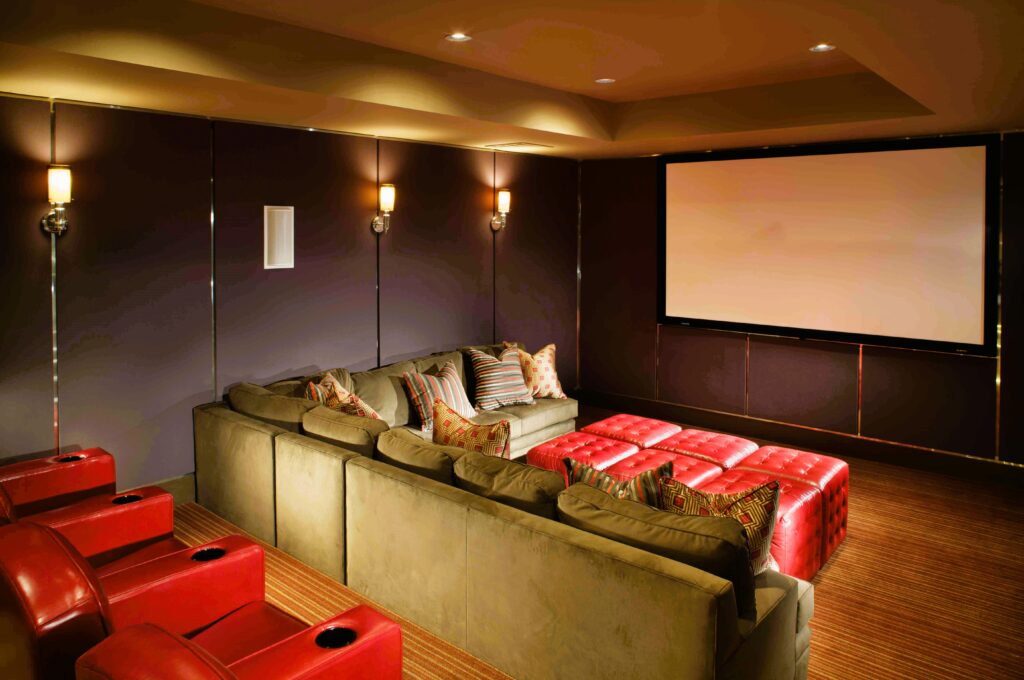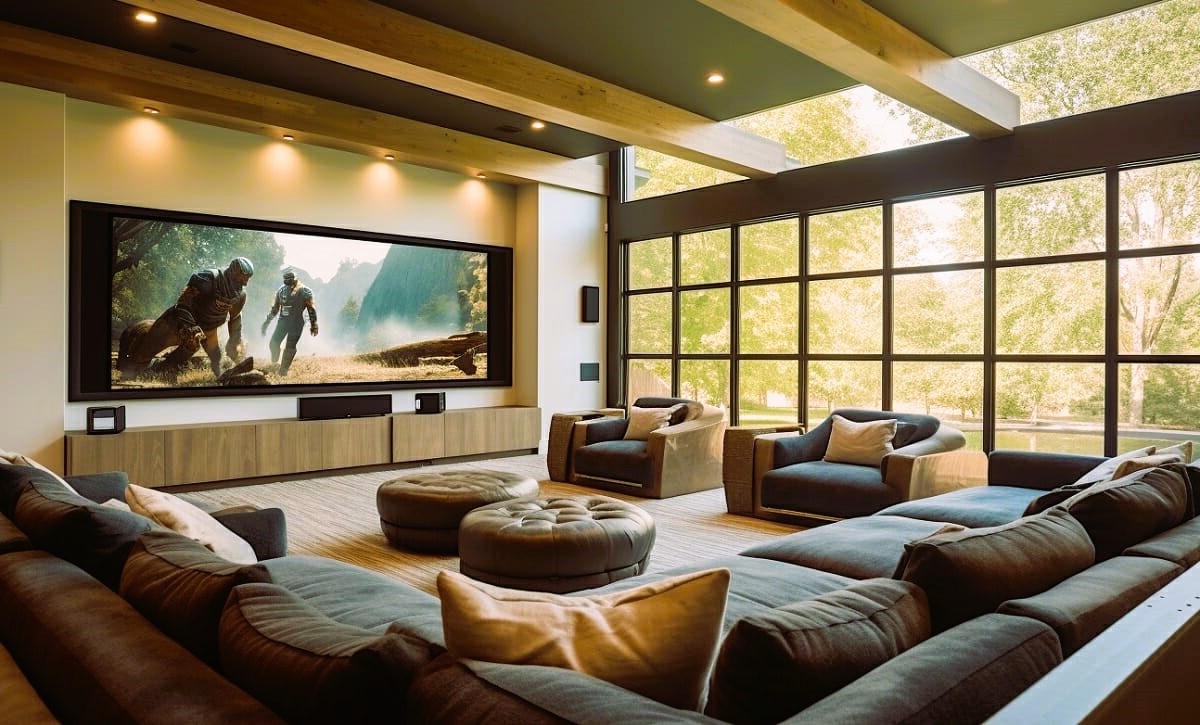In the fast-paced world of technological innovation, the concept of a smart home has become increasingly popular. One of the key aspects of transforming a regular home into a smart one is the integration of smart home entertainment systems. These systems not only enhance the overall living experience but also contribute to the convenience and efficiency of daily life. From advanced audiovisual setups to intelligent automation, smart home entertainment is shaping the future of how we interact with media.
Evolution of Home Entertainment
The journey of home entertainment has evolved significantly over the years. From the early days of black-and-white television to the rise of high-definition displays, the way we consume media has undergone a remarkable transformation. The advent of smart technologies has taken this evolution to new heights, making it possible to create a seamless and immersive entertainment experience within the confines of one’s home.
Integration of Smart Devices
At the heart of a smart home entertainment system lies the integration of smart devices. These devices, ranging from smart TVs and speakers to streaming devices, work in tandem to provide users with a multifaceted media experience. Smart TVs, equipped with internet connectivity and interactive features, serve as the central hub for accessing a plethora of content from various sources.
Streaming services have become the primary mode of content consumption, offering a vast library of movies, TV shows, and documentaries. With platforms like Netflix, Hulu, and Amazon Prime Video, users can enjoy on-demand content tailored to their preferences. The integration of voice-activated assistants like Amazon’s Alexa and Google Assistant further enhances the user experience by enabling hands-free control of the entertainment system.
Home Automation for Enhanced Experience

Smart home entertainment goes beyond just audiovisual experiences; it extends into the realm of home automation. Intelligent systems can be programmed to create immersive environments based on user preferences. For example, lights can be synchronized with the on-screen action, creating a cinema-like atmosphere within the home. Temperature, blinds, and even aroma dispensers can be automated to complement the mood of the entertainment being enjoyed.
The use of artificial intelligence (AI) in smart home systems allows for predictive and adaptive automation. The system learns user habits and adjusts settings accordingly, ensuring a personalized and efficient experience. This level of automation not only adds to the wow factor but also contributes to energy efficiency, making smart homes environmentally friendly.
Cutting-Edge Audiovisual Technologies
The quality of audiovisual components is a critical factor in creating the ultimate media experience. Smart home entertainment systems leverage cutting-edge technologies to deliver stunning visuals and immersive sound. High-resolution displays, such as 4K and 8K TVs, provide crystal-clear images with vibrant colors, while advanced audio systems, including Dolby Atmos and DTS:X, create a three-dimensional soundstage. We touched on an important topic about smart homes, namely privacy issues.
Virtual and augmented reality technologies are also making their way into smart home entertainment. VR headsets transport users to virtual worlds, offering a completely immersive gaming or cinematic experience. Augmented reality, on the other hand, overlays digital content onto the real world, creating interactive and dynamic environments.
Connectivity and Interoperability
A key challenge in the realm of smart home entertainment is ensuring seamless connectivity and interoperability among devices. The industry has seen efforts to establish standards that enable different devices to communicate effectively. Standardization ensures that smart TVs, speakers, streaming devices, and other components can work together seamlessly, regardless of the manufacturer.
One prominent example of such standards is the HDMI (High-Definition Multimedia Interface) protocol. HDMI allows for the transmission of high-quality audio and video signals between devices, ensuring a standardized and universal connection interface. Another crucial standard is the Universal Plug and Play (UPnP) protocol, which facilitates the discovery and communication of devices on a network.
Security and Privacy Concerns
As smart home entertainment systems become more interconnected, the issue of security and privacy becomes increasingly important. The integration of cameras, microphones, and sensors in smart devices raises concerns about potential vulnerabilities and unauthorized access. Manufacturers and developers must prioritize robust security measures to safeguard user data and privacy.
Encryption protocols, secure authentication methods, and regular software updates are essential components of a secure smart home ecosystem. Additionally, users should be educated about best practices for securing their devices and networks to mitigate potential risks.
Future Trends in Smart Home Entertainment

The landscape of smart home entertainment continues to evolve, with several trends shaping its future. The rise of 5G connectivity is expected to enhance streaming capabilities, allowing for faster and more reliable content delivery. Edge computing, which involves processing data closer to the source rather than in a centralized cloud, is poised to reduce latency and improve overall system responsiveness.
Artificial intelligence will play a central role in personalizing content recommendations and automating home environments based on user behavior. The integration of voice and gesture controls, combined with advancements in natural language processing, will further streamline user interactions with smart home entertainment systems.
Conclusion
Smart home entertainment represents a convergence of advanced technologies aimed at creating the ultimate media experience. From high-resolution displays and immersive audio systems to intelligent automation and artificial intelligence, these systems redefine the way we engage with entertainment within the home. As the industry continues to innovate, it is crucial to prioritize standards, security, and privacy to ensure a seamless and secure smart home entertainment ecosystem.
For more information on standards related to smart home technologies, you can visit the Wikipedia page on Home Automation.


